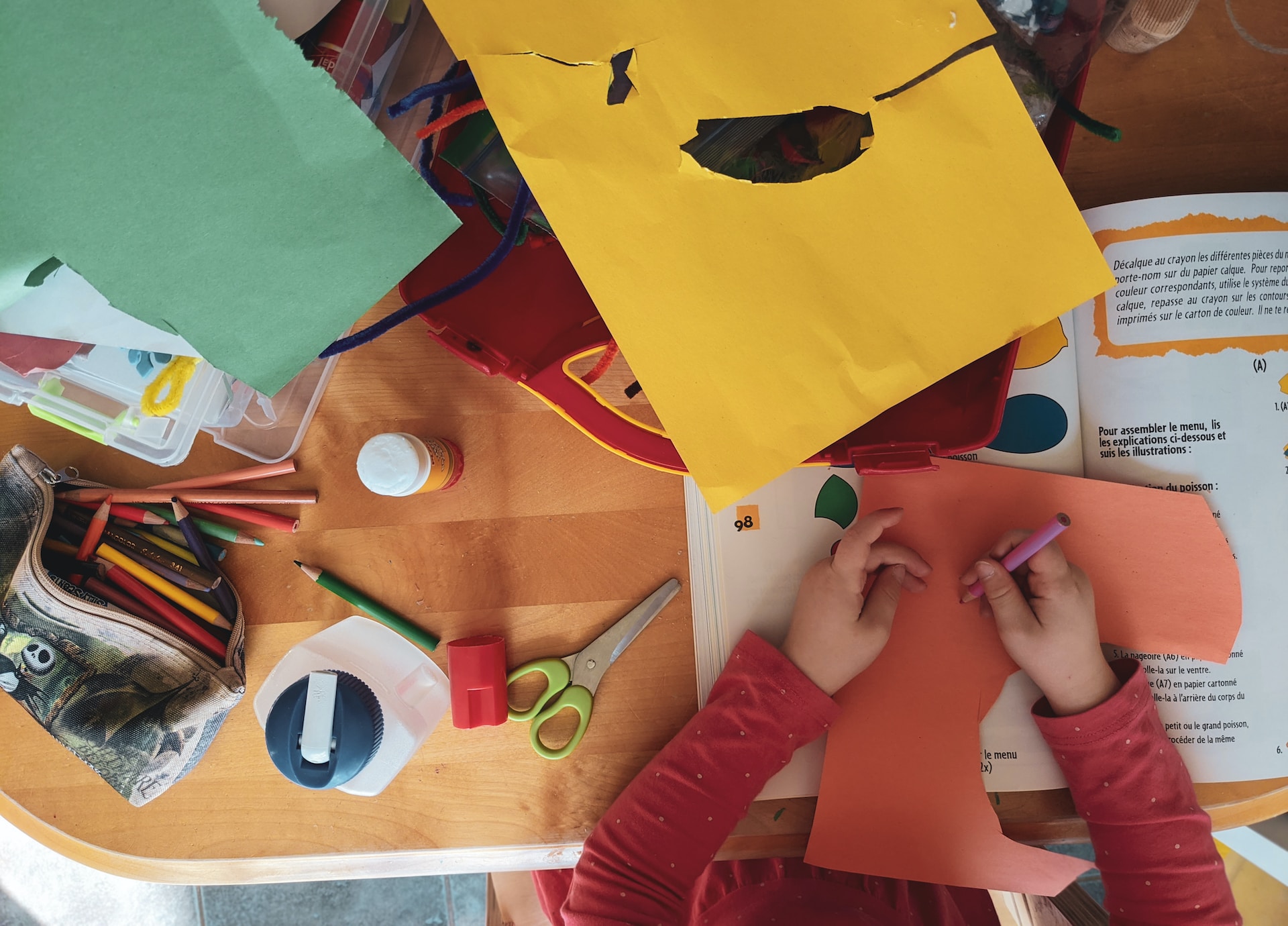By Ashley Barnes, M.S.
Mental Health Concerns in Children
Though many people reflect on childhood as being a care-free time, children are not immune to mental health concerns that plague adults. Some of the most common mental health concerns in children include:
- Anxiety: The CDC reports that about 9% of children aged 3 to 17 have been diagnosed with anxiety; still, this doesn’t even reflect all children who struggle with anxiety, just merely those who have been evaluated and diagnosed (CDC, 2023). Signs of childhood anxiety may include ruminating thoughts, situational avoidance that may impact social engagement or school attendance, and panic attacks.
- Behavior Problems: Roughly 9% of 3-17-year-olds struggle with behavioral concerns that warrant a formal diagnosis (CDC, 2023). Those who have Oppositional Defiant Disorder or Conduct Disorder may disrespect property, engage in harmful acts, or break serious rules. This behavior can be exacerbated by observance or exposure to crime, violence, or neglect.
- Attention deficit hyperactivity disorder (ADHD): According to the CDC, around 10% of children aged 3 to 17 have been diagnosed with ADHD. ADHD can look like excessive fidgeting and talking, distractibility, and inattention. Boys are more likely to be diagnosed with ADHD than girls and the average age of ADHD diagnosis is 7 years of age (CDC, 2021).
- Depression: The CDC also reports that approximately 4% of 3 to 17-year-olds have been diagnosed with depression (CDC, 2023). Children experiencing depressive episodes may struggle with too much or too little sleep, changes in appetite, lack of interest in their favorite activities, irritability, and suicidality.
How to Help
Support systems are crucial to the wellbeing of our youth. Involving and strengthening a support system of teachers, therapists, coaches, friends, and family members can bolster a child’s support network in a way that accommodates for and works with their needs. Further, good relationships with parents or caregivers are one of the strongest protective factors against the worsening of mental health disorders.
Structure can be helpful for children as it can be helpful for us at any age. This could look like boundaries on how to treat others and ourselves, good sleep hygiene, and a daily routine as best as can be kept up with.
Despite the prevalence of mental health disorders amongst children, only about 20% of children struggling with emotional, mental, or behavioral disorders receive care from a specialized mental health care provider (CDC, 2023). Seeking support from a sensitive, caring mental health professional can be life changing for children who are moving through mental health challenges.
Child and adolescent psychiatrists can evaluate children, identify presenting problems and diagnoses, develop a treatment plan, and prescribe medication to help manage their symptoms. Child psychotherapists can support children in developmentally appropriate ways such as helping emotional expression through play therapy or talk therapy. Additionally, it is important that parents or caretakers be involved in the treatment process for the best outcomes.
Child Psychiatrists at the Mental Health Center
- Daniel Son, MD: Dr. Daniel Son is unique in having completed formal fellowship training in both Child & Adolescent and Addiction Psychiatry. He has a particular interest in the treatment of severe mental illness and adolescents with addiction issues. Dr. Son completed his medical degree at Loma Linda University and completed his Psychiatry residency and fellowships at the University of Louisville. Dr. Son focuses on providing thorough diagnostic interviews and providing medication management services. Dr. Son has received numerous awards during his training including the Gold Foundation Humanism and Excellence in Teaching Award, the Eli Lilly Chief Resident Leadership Program Award, and has several clinical and education awards.
- Candyce DeLoatch, MD: Dr. DeLoatch is a board-certified psychiatrist, specializing in General Adult and Child & Adolescent Psychiatry. Dr. DeLoatch received her undergraduate education at the University of Maryland College Park and her medical school training at the University of Medicine and Dentistry of New Jersey. She completed both residency and fellowship at the Johns Hopkins Hospital in Baltimore, MD. She also received advanced training in the evaluation, diagnosis and treatment of children and adolescents with autism spectrum disorders and developmental disabilities at the Kennedy Krieger Institute. Dr. DeLoatch has also provided consultation and liaison services for UCLA Santa Monica Hospital, and has spent the last several years working in community mental health providing treatment for foster youth.
If you seek support from a mental health professional, please contact us at the Mental Health Center for sensitive, attentive care.
Resources:
- 988 Suicide and Crisis Lifeline – the official website with chat and additional resources.
- Mental Health America – provides educational content related to children’s mental health as well as a multitude of resources for parents to refer to.
- American Academy of Child and Adolescent Psychiatry – the facts for families page includes several educational resources that can aid parents in supporting their children. Topics range from discussing racism with children and discussing death of pets, to depression and other mental health diagnoses.
References
Centers for Disease Control and Prevention. (2021). Data and statistics about ADHD. Centers for Disease Control and Prevention. Retrieved July 31, 2023, from https://www.cdc.gov/ncbddd/adhd/data.html.
Centers for Disease Control and Prevention. (2023). Data and statistics on children’s mental health. Centers for Disease Control and Prevention. Retrieved July 31, 2023, from https://www.cdc.gov/childrensmentalhealth/data.html.

